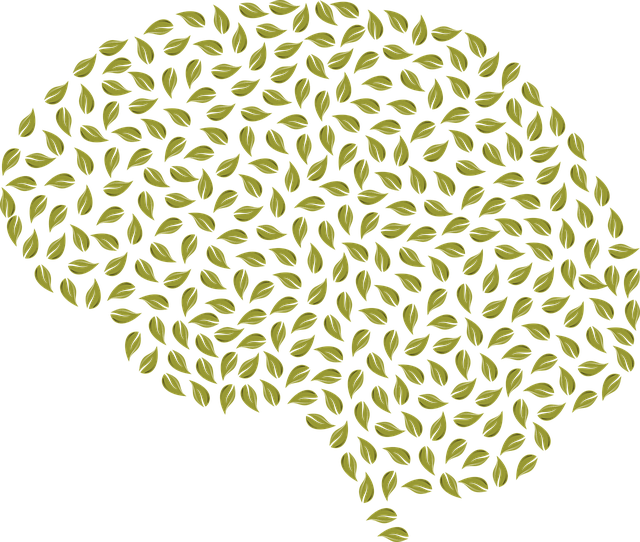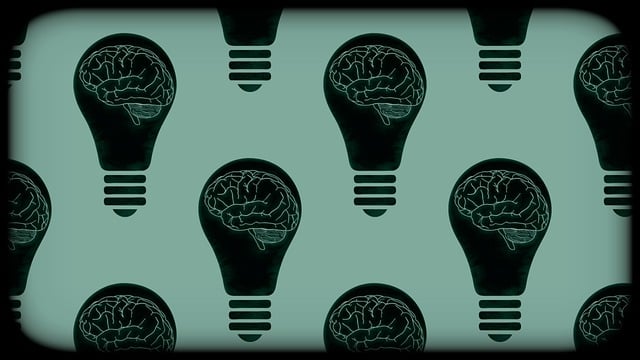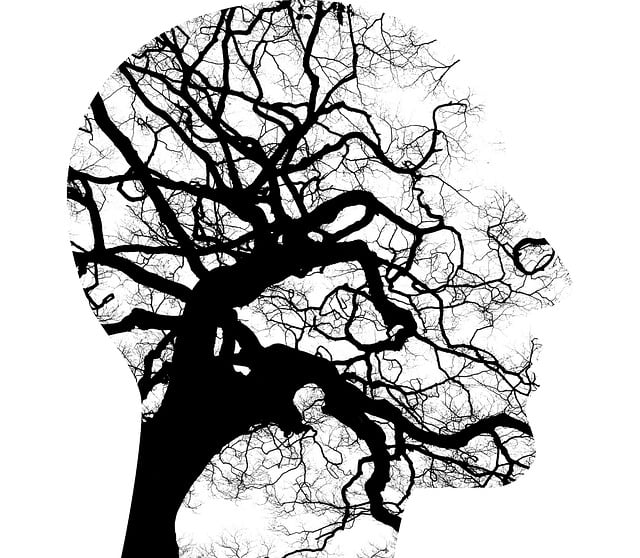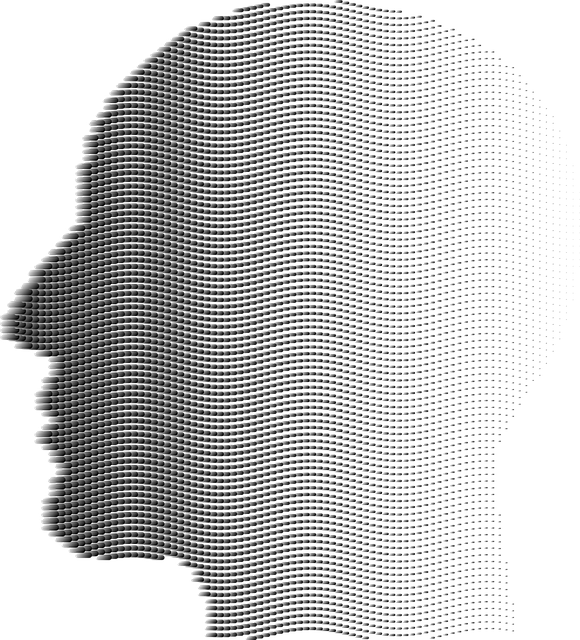Understanding mood regulation among elders requires acknowledging their unique challenges, such as increased vulnerability to depression due to aging and potential social isolation, especially for those with a history of domestic violence. Tailored therapy focusing on life transitions, chronic pain, cognitive decline, and trauma-related symptoms is crucial. Community outreach programs and depression prevention strategies combined with stress management workshops empower elders to navigate life's challenges effectively, facilitating emotional healing and resilience. Specialized interventions, including individual counseling and group therapy, help survivors process past experiences, rebuild self-esteem, and regain control, ultimately enhancing their mood management and personal growth.
Mood regulation strategies are essential tools for elders to navigate common challenges related to aging. In this article, we explore effective approaches tailored to older adults, focusing on understanding and addressing issues such as domestic violence—a sensitive topic with profound impacts on emotional well-being. By delving into these sections, readers will discover empowering techniques to manage moods and enhance the quality of life for elders, with a specific emphasis on therapeutic interventions for domestic violence survivors.
- Understanding Mood Regulation for Elders: Unraveling Common Challenges
- Domestic Violence and Its Impact on Emotional Well-being: A Sensitive Approach to Therapy
- Effective Strategies: Empowering Elders with Tools for Mood Management
Understanding Mood Regulation for Elders: Unraveling Common Challenges

Understanding Mood regulation for Elders involves recognizing the unique challenges they face. As individuals age, they may experience increased vulnerability to mental health issues, including depression, which can be exacerbated by physical health changes and social isolation. For elders who have also experienced domestic violence in their past, these difficulties are further compounded. Therapy for Elders plays a crucial role in addressing these complex problems.
Common challenges include adapting to life transitions such as retirement or the loss of a partner, managing chronic pain, and dealing with cognitive decline. Additionally, a history of domestic violence can lead to trauma-related symptoms like flashbacks, nightmares, and heightened anxiety. Community Outreach Programs focused on mental health support are essential in reaching these populations. Depression Prevention strategies tailored for elders, combined with Stress Management Workshops, can empower them to navigate life’s challenges more effectively.
Domestic Violence and Its Impact on Emotional Well-being: A Sensitive Approach to Therapy

Domestic violence has profound and lasting impacts on the emotional well-being of its victims, often leading to complex mental health issues. For elders who have experienced this trauma, specialized therapy is essential for healing. A sensitive approach should prioritize creating a safe and non-judgmental space, fostering self-awareness exercises that help them process past experiences. Through these processes, individuals can begin to understand the cyclical nature of violence and develop healthier coping mechanisms.
Therapy for elders affected by domestic violence requires tailored interventions. Emotional healing processes can involve individual counseling, group therapy, or stress management workshops organized by support organizations. These initiatives aim to equip survivors with tools to navigate their feelings, rebuild self-esteem, and regain a sense of control over their lives. By addressing the root causes and providing ongoing support, therapists facilitate the transformative journey towards recovery and resilience.
Effective Strategies: Empowering Elders with Tools for Mood Management

Elders, often facing unique challenges, can greatly benefit from effective mood regulation strategies. Therapy for elders plays a pivotal role in empowering them to manage their emotional well-being. This includes addressing past traumas like domestic violence, which significantly impact mental health later in life. By incorporating self-esteem improvement techniques and understanding mind over matter principles, individuals can gain the tools necessary for better mood management.
Professional guidance, coupled with personal growth exercises, enables elders to cultivate resilience and enhance their coping mechanisms. These strategies not only help them navigate age-related changes but also foster a sense of control and empowerment in their lives. Through therapy, elders learn to identify and challenge negative thought patterns, thereby improving their overall mood and quality of life.
Mood regulation is a vital aspect of emotional well-being, especially for elders facing common challenges. By understanding and addressing issues like domestic violence, we can significantly enhance therapy outcomes for this demographic. The strategies discussed—including effective tools for mood management—empower elders to navigate their emotions healthily. For those affected by domestic violence, specialized therapy is crucial in fostering a safe and supportive environment, enabling recovery and improved emotional resilience.











